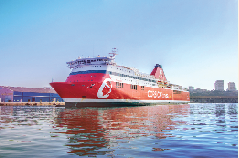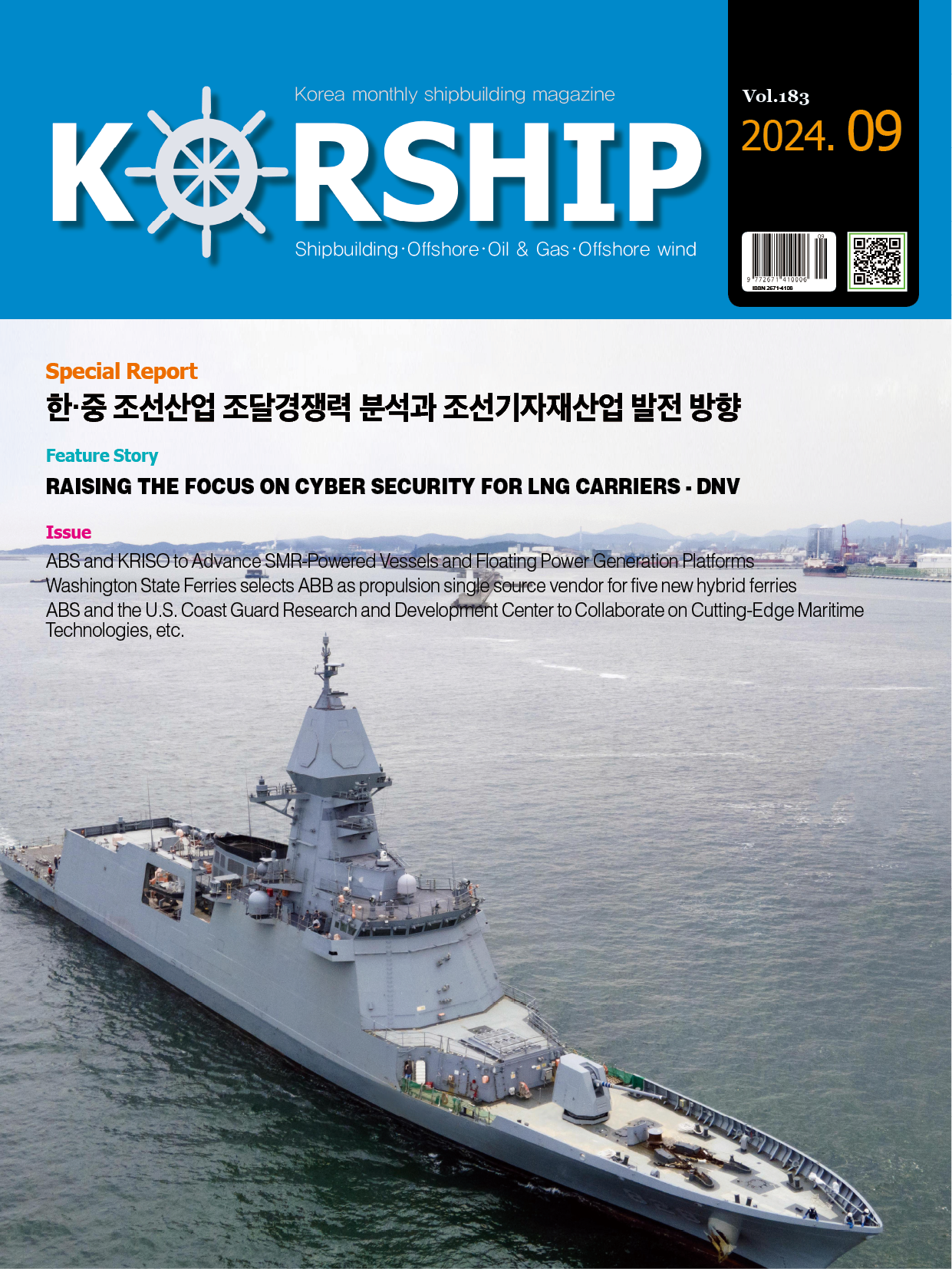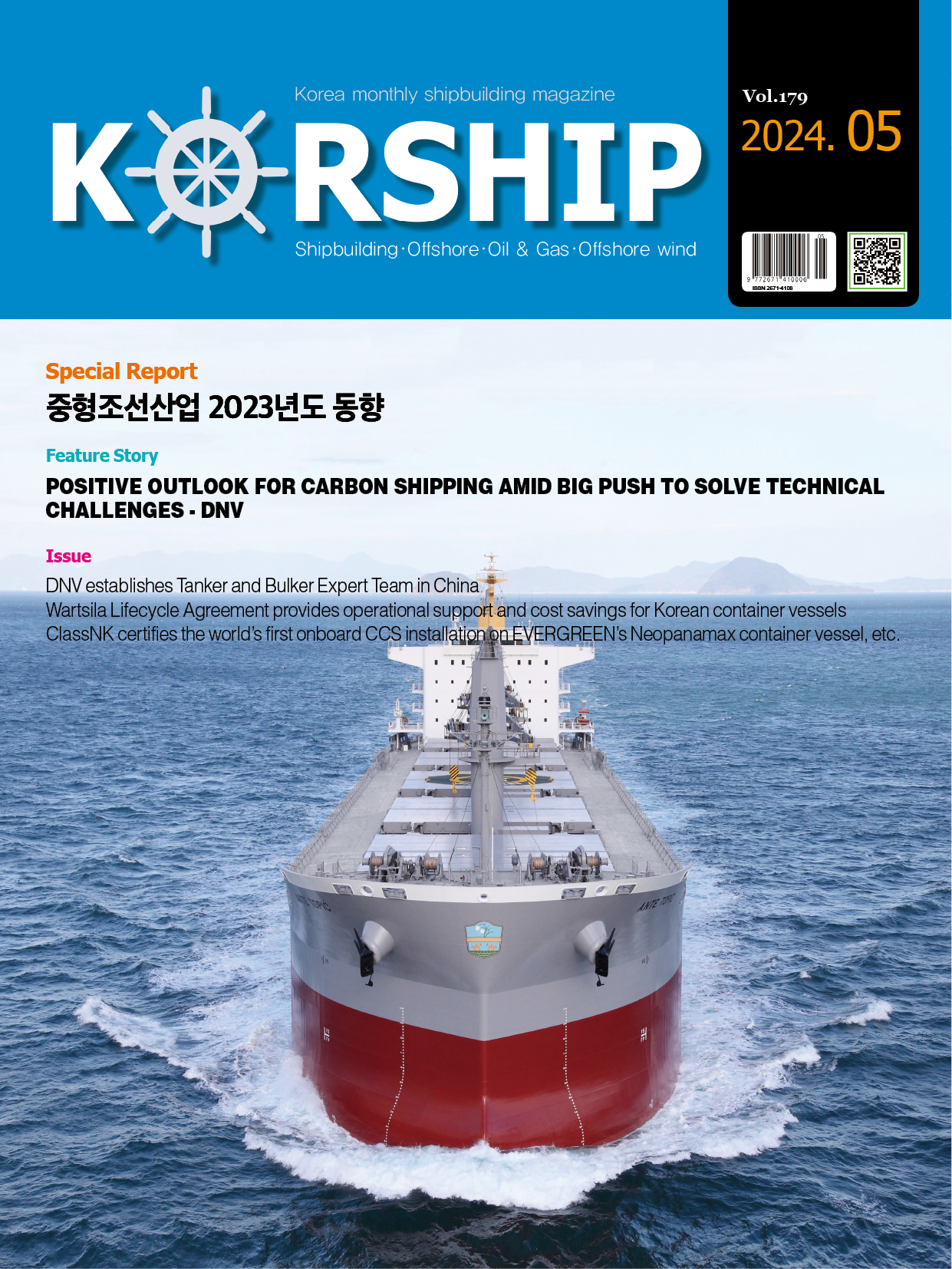Business News ABB enables emissions-free port stay in Marseille for Corsica Linea fe…
페이지 정보
작성자 최고관리자 댓글 0건 조회 2,418회 작성일 19-10-30 16:08본문

With ABB’s shore connection technology, three Corsica Linea ferries will cut emissions and noise pollution when berther in the Port of Marseille, France.
Instead of running diesel-fueled auxiliary engines, Paglia Orba, Jean Nicoli and Pascal Paoli ferries will use electricity for power at berth. Each of the three vessels is being modified to feature ABB’s power compensation solution Dynacomp, which allows electricity available from the local grid in Marseille to be stepped down to 11KV in order to take care of ship power needs while in port.
“ABB shore connection technology enables the type of emissions-free ship power that regulators, ports and local residents increasingly demand. With ABB’s proven technology, Paglia Orba, Jean Nicoli and Pascal Paoli will be emissions-free when berthed in Marseille,” said Ludovic Amouroux, Project Manager, Corsica Linea. “We estimate we will use between 7MWh and 11 MWh of zero-emission power per call, depending on the vessel.”
“Decision-makers in the ferry sector like Corsica Linea continue to lead on zero-emission shore power, proving that existing vessels can significantly reduce environmental impact with technology that is available to shipowners today. We are delighted to offer our turnkey shore connection solution to meet Corsica Linea’s shoreside power needs,” said Jyri Jusslin, Head of Service, ABB Marine & Ports.
The project covers the supply and shipboard installation of electrical, mechanical and automation systems to enable shore power connection. On the shore side, ABB will deliver a custom-designed cable management system on the quay at Marseille.
The three Corsica Linea ferries carrying vehicles and passengers connect Marseille and Corsica island, for 48 weeks of the year. The installation of ABB’s shore connection technology on one of the ferries, Paglia Orba, is already underway, while the two remaining vessels will be connected to shore power in 2020.
Worldwide, ferries transport 2.1 billion passengers and 250 million vehicles every year, according to trade association Interferry. With increasing passenger volumes, the ferry industry is under pressure to meet International Maritime Organization’s(IMO) target of reducing annual emissions by 30 percent by 2025.
After France presented an impact assessment to IMO in late 2018, momentum is building to designate the Mediterranean Sea as an Emissions Control Area where stricter controls are in place to minimize emissions from ships.
Port of Marseille’s efforts to reduce emissions include participation within the EU-funded CLIMEPORT greenhouse gas initiative, while Grand Port Maritime de Marseille(GPPM) has also built the infrastructure at two berths to facilitate shore side power connections.












